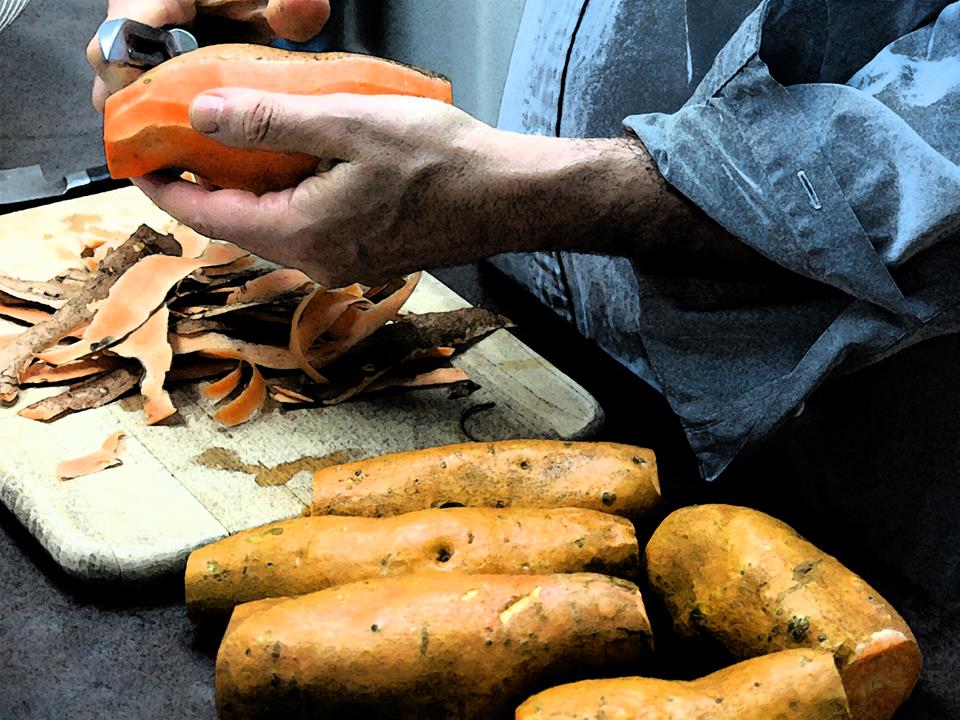
Cooking for the Group
Craft work provides an opportunity to engage in a directed, mindful activity which if properly done, aids in the study of oneself and the development of free attention. The effort is to meet an external demand without becoming lost in the work. The Gurdjieff Foundation of Texas practices a variety of crafts including: cooking, woodworking, painting, gardening, quilling, sewing and music.
We employ these crafts and others as needed, as means of self-study and the development of attention. The craft itself or anything that may be produced is of secondary importance.
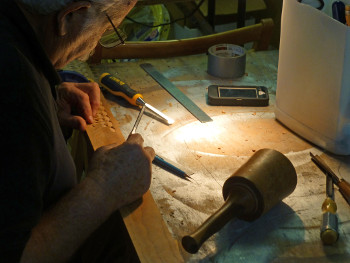
Woodworking
Excerpts from The Work of Craft
by Carla Needleman
"If the study of myself is my real purpose in working at a craft, how will that affect my approach to the craft? What does it mean that I undertake to study myself? It seems patently ridiculous to partition myself along yet another artificial line of division; I am already fragmented enough. Perhaps it can mean instead that I extend myself into the craft, willing to sacrifice any of my opinions that experience proves false. I undertake to begin a conversation with the craft, to listen to it, to be taught by the effort of trying to understand it. Perhaps through the exchange, a richer way of experiencing will begin to take root in me. I can be fairly sure that "myself" is not what I think it is - hardly anything, on close examination, proves to be what I thought. So for selfish reasons I undertake a selfless study.
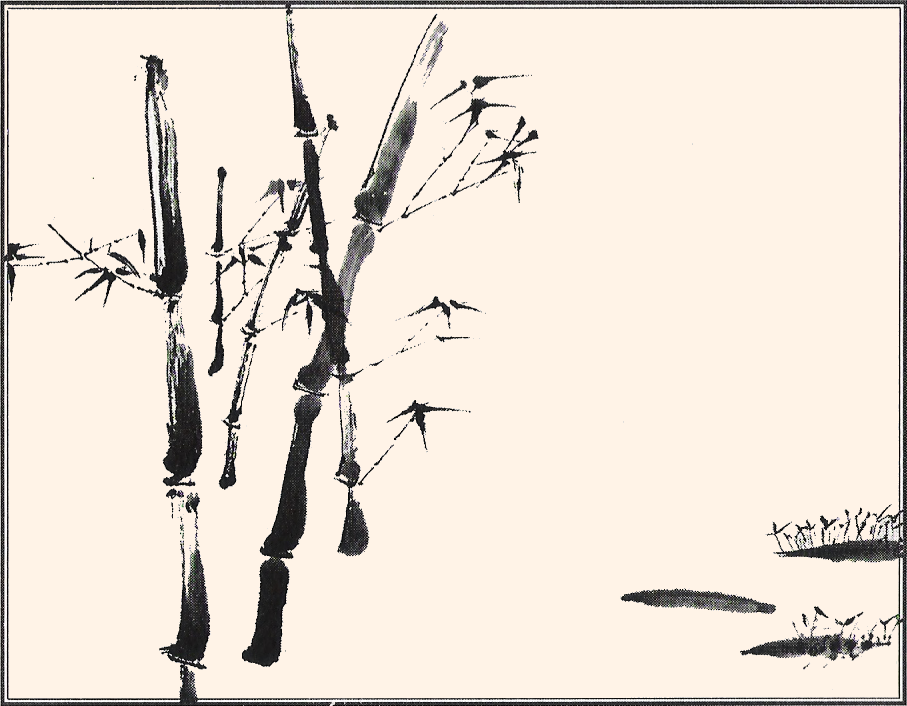
Brush painting
"The question of my craft is the question of myself - Who am I? - a question the craft can help me to rediscover again and again and yet again at just those moments at which I experience that I don't know. The experience of myself in question is for me a moment of a different level of certainty. It is an experience, not a thought - it does not have to be in words - and there is with it not a shred of self-pity or of so-called humility - it is so, undeniably true, neither good nor bad, but real. I cannot bring myself into question by deciding it is a good thing and trying it. But I find that if I try to work honestly at a craft, not turning away when the going gets rough, those moments of myself in question will come. And if the experience occurs often enough, it acts to transform my understanding, chemically and from within.
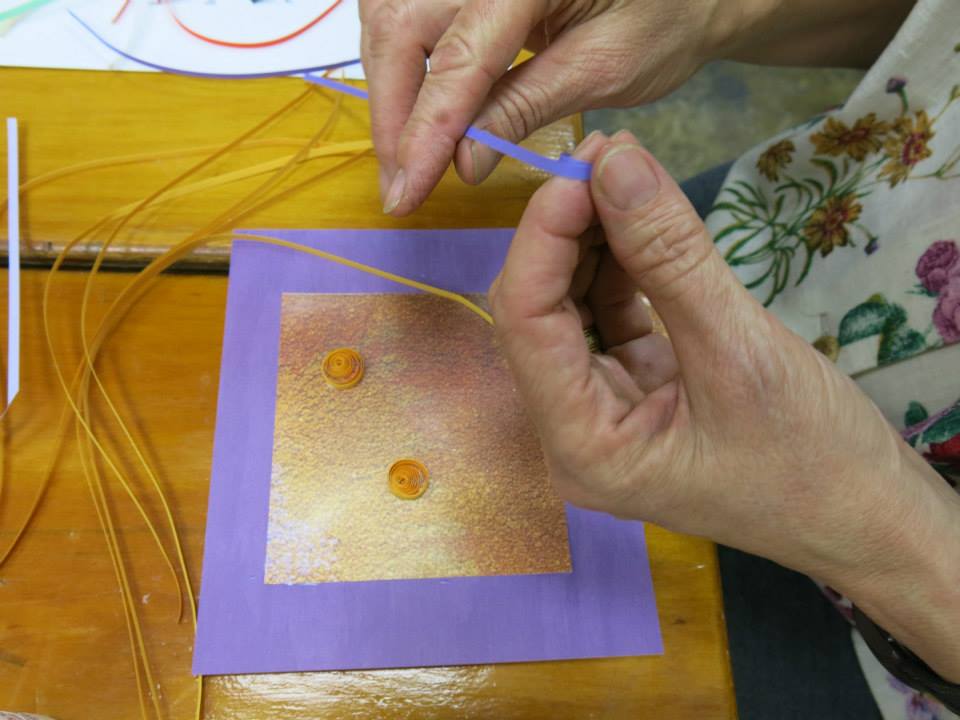
Paper Quilling
"The laws of craft and the teachings of any particular real craft run parallel to the craft of being human. The mind, however, thinks of analogy as a kind of game it plays, as an invention of the mind through which thought delights in its own limberness. The mind treats the mentally accessible analogies between craft and one's life as if they existed solely as the product of and for the indulgence of mental gymnastics. It simply doesn't take analogy seriously.
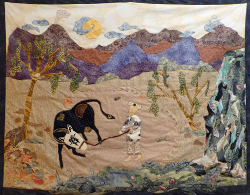
Sewing: "Taming the Bull"
"But to apply what I see in crafts too glibly to what I see of my life does not take into account that I see very little of my life. It cheapens the teaching of a craft by diminishing it and cuts me off from the possibility of learning. The craft, moreover, does not apply to ordinary life but to the extraordinary - the life of study. The pot, for example, goes through the fire and it is transformed. I do not know what this means. There is no parallel in my life. It may be that there can be. But I will not learn about fire by thinking about fire but by burning.